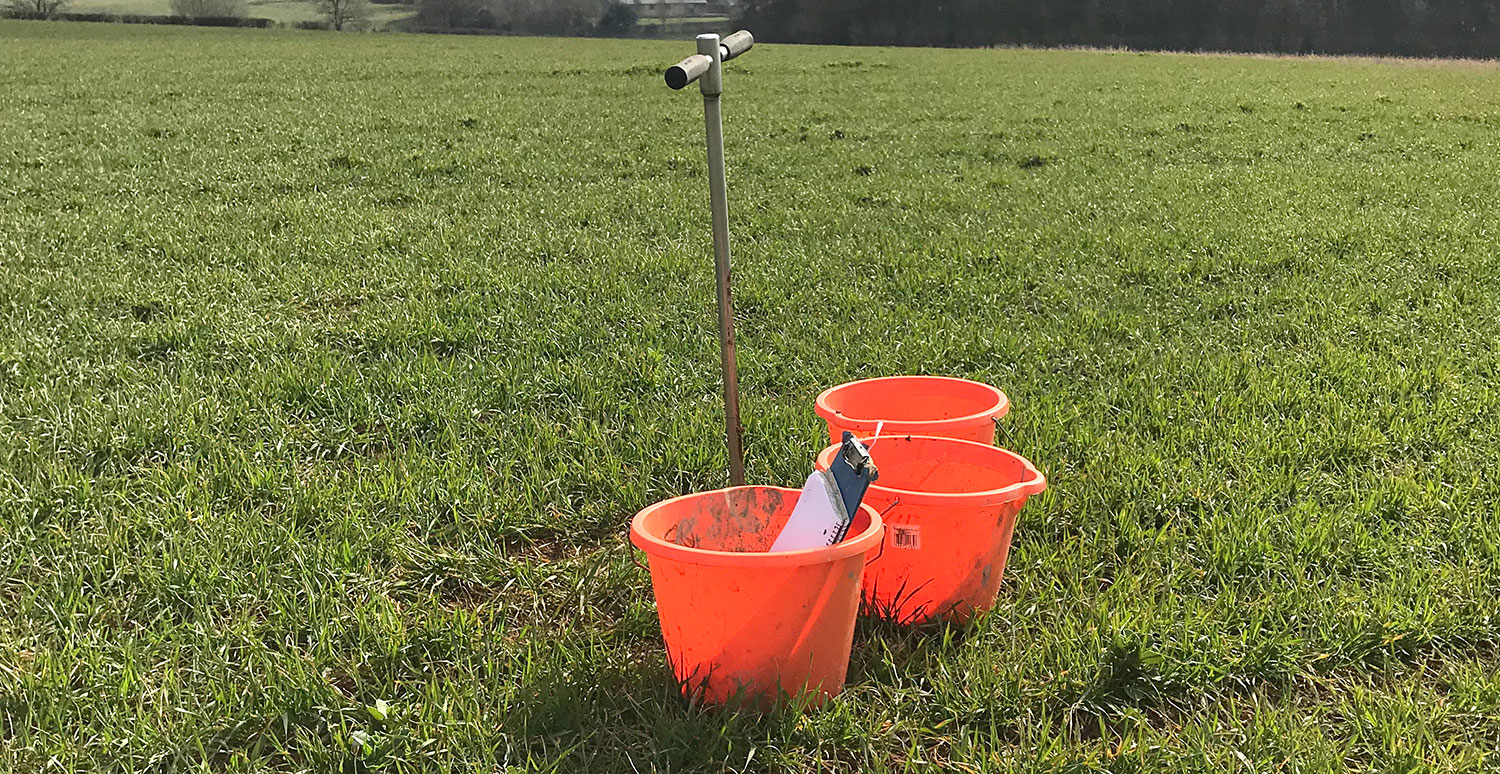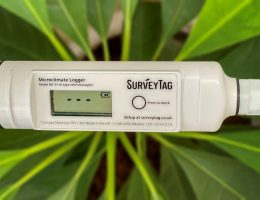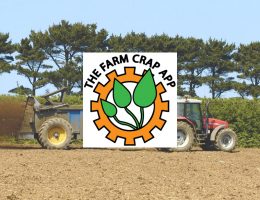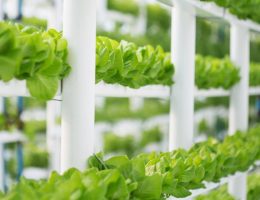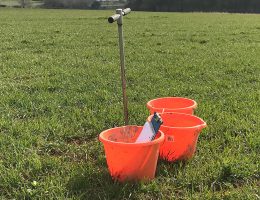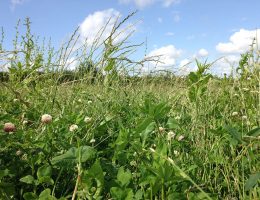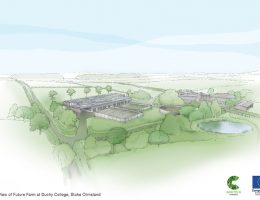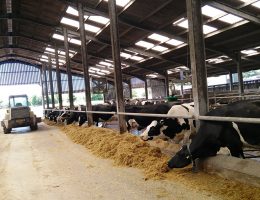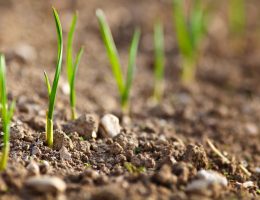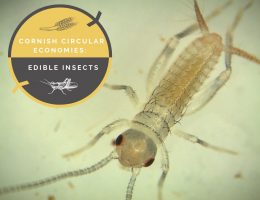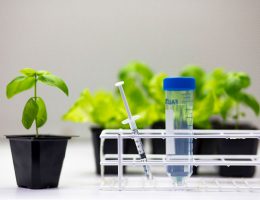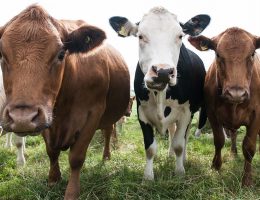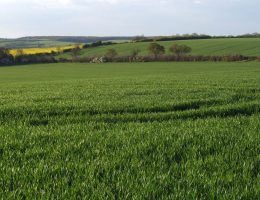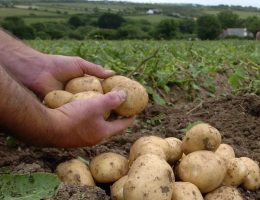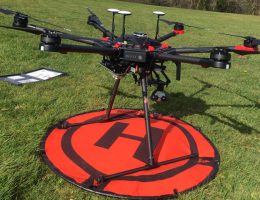The Soil Carbon Project – DC
The importance of soil carbon is growing, as is the possibility that farmers might be paid for environmental goods and services, but reliably and simply measuring it on-farm remains problematic.
This project’s aim was to collaborate with farmers, businesses and growers to improve sampling and best practice with a view to helping soil carbon sequestration play a major role in climate-change mitigation.
Duchy College’s Rural Business School collaborated with Rothamsted Research North Wyke and the University of Plymouth for three years, during which time we visited 85 commercial farms and took soil samples from 436 fields at least once, often more.
The improved understanding of soil sampling and analysis which the project facilitated have led to the creation of a Field and Lab Guide. This will help farmers and businesses to improve their sustainability and, potentially, inform policy relating to agricultural support payments for public goods.
Healthy soil boosts biodiversity and leads to better yields, with fewer inputs used. Environmental Land Management (ELM) tests and trials improve understanding around soil carbon and wider soil health, and our findings improved the ability of field-sampling and laboratory analyses to measure soil carbon reliably.
Our project gave rise to Farm Net Zero which will run from 2021 to 2025 and continue our research, soil sampling on 40 farms in East Cornwall and helping the Cornish agricultural community better understand how soil carbon can help attain net zero.
The research needs of the businesses engaged in the project were met: we refined soil sampling and analysis protocols in a way which helps farmers, advisors, researchers and policy-makers best monitor soil health. The rate of soil carbon sequestration under different management regimes is still open to question, however, thanks to the project’s timeframe not allowing us to evaluate trends in sufficient detail.
However, all the data we accumulated is a significant resource and, with farming’s net zero ambitions in mind, the project’s contribution to raised awareness, as well as this newly-acquired information, both help towards a better way to measure soil carbon as a component of total farm carbon footprint.
To find out more please contact Alex Bebbington on 01579 372370 or email alex.bebbington@duchy.ac.uk
The Soil Carbon Project – RR
Soil health is “crucial to agricultural production, climate change mitigation and adaptation, urban development, and flood risk management. Some of the most productive agricultural land in the country is at risk of becoming unprofitable within a generation due to soil erosion and loss of organic carbon, and the natural environment will be seriously harmed as a result.” (UK Soil Health report, 2016.)
Set against this crisis was the lack of specific, measurable, time-limited plans to increase soil carbon. This project’s aim was therefore to research and evaluate ways to improve levels of on-farm soil carbon levels. Specifically, we wanted to create a Carbon Toolkit for all interested parties, from farm and environmental consultants to farmers and contract growers; such a toolkit would help them to build soil health and resilience. All farms can improve soil management, build organic matter, and so improve soil carbon levels; our role was to give all farmers the know-how and confidence to try.
The project comprised three main elements, namely:
1 Research a representative sample of farms (bulb- and vegetable-growers, livestock grazers) to understand their soil carbon levels.
2. Assess the variations in soil carbon on farms in Cornwall to work out what affects this variability.
3. Use the sample farms’ data on past and present land-management practices to help understand which ones increases or decrease carbon levels. (And, unprecedentedly, to work out the practical and financial implications.)
This project successfully addressed the research needs of the businesses with whom it engaged. It has resulted in improvements to soil sampling and analysis protocols which will help everyone concerned with soil health to better understand how to monitor it most effectively, and how to incorporate soil health measures into assessments of whole-farm carbon audits.
And although the project’s timeframe did not allow us to fully analyse how different management regimes and soil types affect soil carbon sequestration, we were able to accumulate three years’ data, whose usefulness will be proved by further work in this vital area.

